
Canker sores are small injuries in your mouth. They’re not contagious and don’t appear on your lips, but can be quite painful, particularly if they’re relatively large or if you have multiple at once.
The exact causes of these sores aren’t well understood. They can be linked to a variety of factors, including the food you eat, emotional stress, a mouth injury from brushing, and hormonal shifts. Today we’re looking at one specific area – foods that cause canker sores.
Importantly, none of these foods are guaranteed to cause the sores and certainly won’t do so all of the time. Think of them as contributing factors instead. Your risk of canker sores is higher if you consume large amounts of these foods, especially if you’re also under considerable stress or have food sensitivities.
Thankfully, canker sores aren’t a big deal and you shouldn’t need to worry about them. They’ll heal up on their own over time. Still, if you’re getting these sores often or if they’re particularly painful, changing your diet may help. Decreasing your intake of some of these foods should also make any canker sores much less painful.
P.S. Despite the similar names, canker sores aren’t the same as cold sores. Cold sores are caused by the herpes simplex virus, which is why they’re contagious. Canker sores aren’t associated with an infection at all.
Foods That Cause Canker Sores
Citrus Fruits
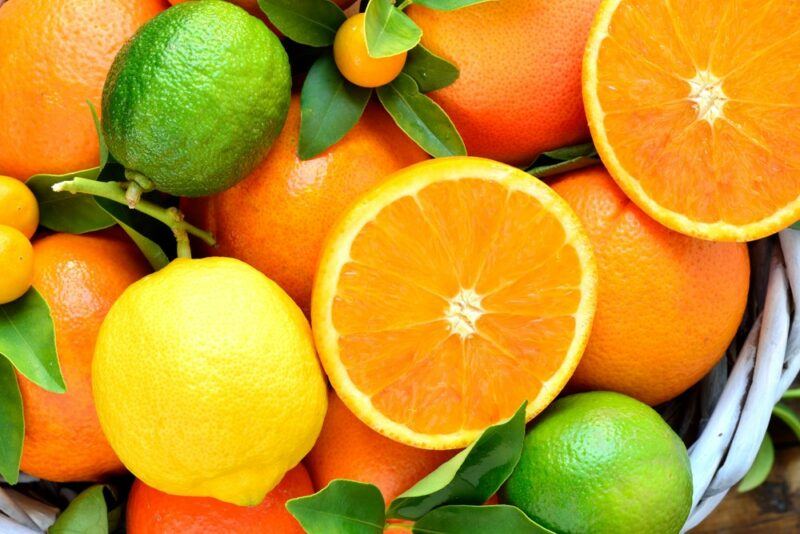
The citric acid found in fruits like oranges, limes, and grapefruit can be particularly problematic for canker sores (and acid reflux). They tend to irritate the inside of your mouth and can be enough to create canker sores, particularly if you’re sensitive.
Plus, if you have active canker sores, the citric acid in these fruits can make them incredibly painful. This effect also applies to exotic citrus fruits and to fruit juices with citrus acid, like orange juice.
Other Acidic Fruits
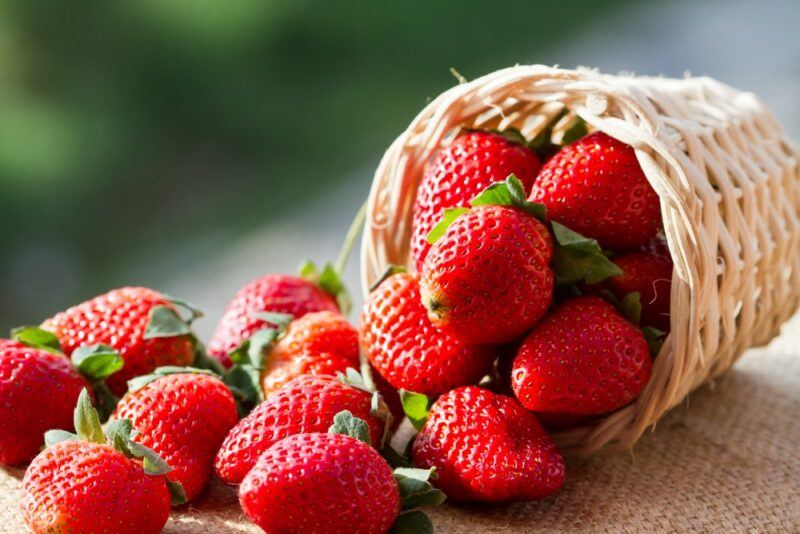
Citrus fruits aren’t the only culprit. Other fruits are acidic as well, including berries, plums, grapes, and pineapple.
Some fruits are a particular problem because they physically irritate the inside of our mouths, while also being acidic. Strawberries are a particular problem here.
It’s important to be careful with pineapple too. This acidic fruit contains bromelain, which partly breaks down some of the proteins in your mouth. The combination of bromelain and acidity makes pineapple particularly painful when you have canker sores.
Processed Foods And Fast Food

These foods share one common issue – their sodium content. The amount of sodium can sometimes be dramatic. I’ve even seen frozen dinners that contain more than your daily recommended sodium intake in a single serving, which is pretty shocking.
Fast food is awful too, particularly if we’re talking about salty French fries.
The texture of the food is relevant too. Crunchy foods can easily irritate your mouth and contribute to canker sore formation. Fried foods are often salty too, so you’re getting both issues at once.
Nuts

The salt issue comes up again with salted nuts. This issue is related to how salt can dry out your mouth and cause irritation. The more salt you consume, the greater the risk of problems.
Unsalted nuts are a better choice, but we’re not out of the woods yet. They also contain high amounts of an amino acid called l-arginine. The high levels of this amino acid may contribute to canker sores, particularly if you eat nuts regularly.
Spicy Foods

This one almost goes without saying. Sure, spicy foods offer health benefits, but they can also be quite rough on your body. This includes irritating the lining of your mouth and contributing to canker sores.
Also, have you ever eaten spicy food when you have an active canker sore? Doing so can be seriously painful.
Spicy foods are often high in salt too and can be acidic. These create additional challenges for your poor mouth. Still, sensitivity to spicy foods isn’t universal. Some people can eat such meals without any problems at all.
Tomatoes

While tomatoes are healthy, delicious, and feature in many recipes, they’re also highly acidic. This means you’ll often need to avoid them if you’re sensitive to canker sores.
We’re not just talking about tomatoes on their own either. Tomato-based meals and ingredients can also just as many cause issues. The list includes tomato soups, many bolognese recipes, and pizza.
If you want to enjoy these foods regularly, you might need to look sub out the tomato-based ingredients. For example, you can easily make an alfredo pizza, which can taste even better than a traditional tomato-based one.
Cakes, Pastries, And Desserts

These treats are all quite different from each other, yet they share many of the same features. In particular, they’re all fairly low in nutrients, contain a decent amount of sugar, and rely on refined ingredients.
These features have many negative implications for health. In particular, the treats can easily increase inflammation throughout your body. Doing so may then lead to more canker sores (not to mention other health problems).
Chocolate

Inflammation isn’t such a big issue for chocolate, as some of the plant-based compounds present may decrease inflammation instead (particularly if you’re focusing on dark chocolate). However, many people react to chocolate because of food allergies.
This doesn’t just mean an allergy to the lactose in chocolate. You could be allergic to add-ins like nuts or to contaminants. Some people are even allergic to a compound called bromide in chocolate itself.
This means you’ll need to be wise to your own physical responses. Do you respond well to chocolate or does it come with side effects?
Raw Vegetables

Raw vegetables aren’t as amazing as they seem. Sure, they’re packed with nutrients, but they’re often hard to digest and can increase the risk of canker sores.
The canker sore effect is simply because raw vegetables tend to be hard, particularly vegetables like celery and carrots. Hard vegetables are much more likely to cause abrasions on the inside of our mouth and near our gums. Those abrasions may then lead to canker sores.
Difficulties with digestion also mean that some raw vegetables can lead to unpleasant side effects, like stomach cramps and gas. Once again, it’s best to pay close attention to your body’s responses and find the foods that work best for you.
If you’re getting regular canker sores or digestive distress from your raw veggies, you should probably cook them instead. Cooked vegetables still provide plenty of nutrients anyway.
Potato Chips And Pretzels

These snacks have the same issue as raw vegetables – they’re tough and can easily damage your mouth. They also tend to be salty, which doesn’t help matters.
Beyond this, it’s easy to consume many more chips and pretzels than you mean to in a serving. There’s something about their salty crunchiness that keeps people coming back for more.
While sticking to a small serving size helps, this may not be enough on its own. You may also need to take smaller bites or find ways to soften your pretzels and chips. Using mustard or a dip can help immensely.
Dairy

Dairy isn’t guaranteed to cause canker sores, but it easily can. The reason is one we talked about earlier – intolerance.
Basically, when your body can’t tolerate a particular food, it kicks up an immune response. This has a variety of negative effects throughout your body, such as increased inflammation and canker sores.
Food intolerances aren’t always as overt either. Sometimes the symptoms are so minor that you mightn’t even realize there is a food intolerance at all.
Keeping a food journal can be helpful here. If you track your food intake and symptoms over a few weeks or months, your trigger foods should start to become more obvious.
Gluten-Containing Foods

Gluten is another common food allergy. Like dairy, the symptoms can be subtle or overt, so it’s important to pay close attention. If you’re even a little sensitive to gluten, foods with the protein could lead to canker sores.
As with other listed foods, this doesn’t mean you’ll immediately get a canker sore every time you eat gluten. The gluten simply increases your chance of getting sores.
Canker sores also take a while to develop, so the association between them and gluten won’t always be obvious. You’ll need to keep a food diary or pay close attention to other symptoms to identify when gluten is at fault.
Other Allergens
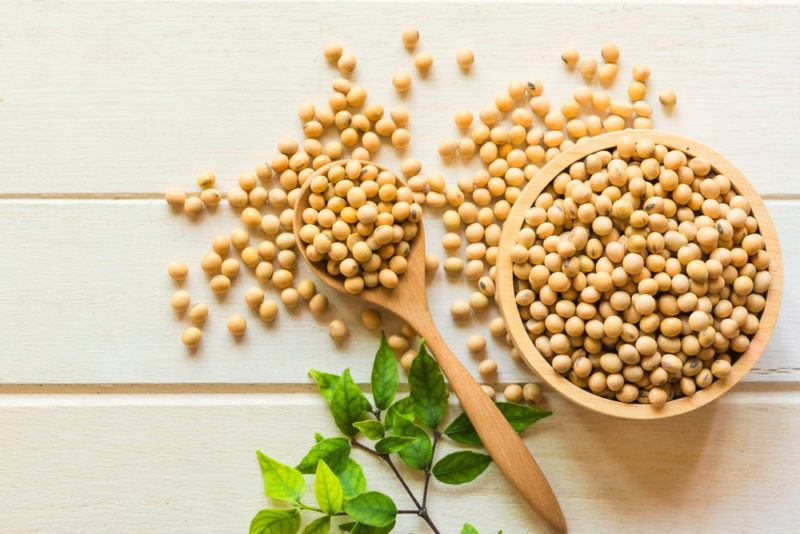
Gluten and dairy are just two examples of allergens. There are many others, including eggs, tree nuts, peanuts, soy, fish, and shellfish. The same general principle applies to these as it does to gluten and dairy.
This is also true for less common and more subtle food sensitivities. So, if your body mounts an immune response against a particular food, you might end up with a canker sore as a result.
Bonus: Eggs

Some theories suggest that eggs cause canker sores, while others suggest that eggs help instead.
On one hand, eggs can be slightly acidic (although there’s a ton of debate about how acidic they actually are). Some people are also sensitive to them and may experience an immune response from eggs.
Yet, eggs are also an excellent source of nutrients, including some that may decrease the risk of canker sores. The final effect may depend on the individual. People with even a slight sensitivity to eggs may find that their canker sore risk is increased, while those with no sensitivity could see the opposite effect.
What Else Can Cause Canker Sores?
Food certainly isn’t the only cause of canker sores. The following factors can play a role too, either on their own or in conjunction with food.
Chronic Stress
This shouldn’t be surprising. Long-term stress has a huge impact on our bodies, raising the risk of many health issues. Even small steps to decrease your stress could have positive effects on your health.
Hormones
Hormonal changes may be to blame for some canker sores as well. Such shifts could mean you need to be wise in your intake of foods that boost testosterone and estrogen or talk to your doctor about other options.
Physical Damage
Hard foods aren’t the only type of physical damage that might lead to canker sores. Accidentally biting the inside of your cheek and scratching your mouth with your toothbrush can cause similar issues. People who wear braces may end up with damage from these.
While such damage isn’t entirely avoidable, being gentle with your mouth may be worth the effort. This is particularly true if you already get canker sores regularly.
Not Eating Enough Good Foods
Finally, canker sores are more likely if you’re deficient in key nutrients, such as zinc, folate, vitamin B12, and iron. Increasing your intake of these nutrients might help keep canker sores at bay. You need them all to stay healthy anyway.


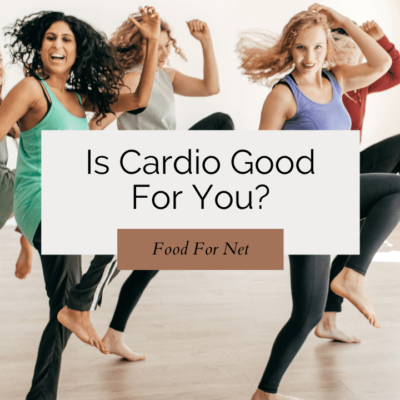
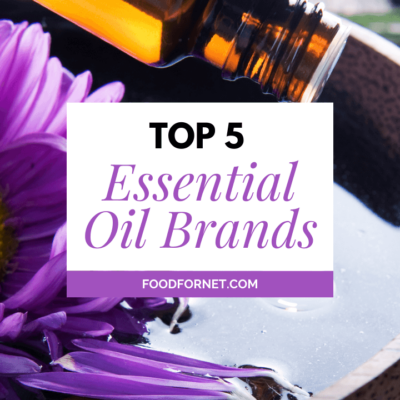
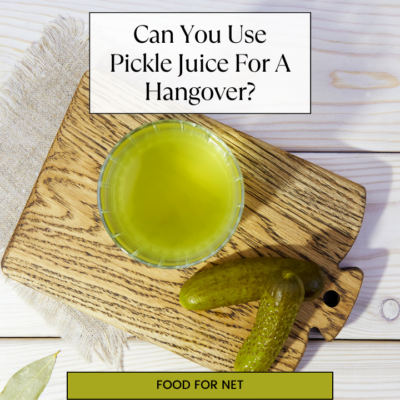
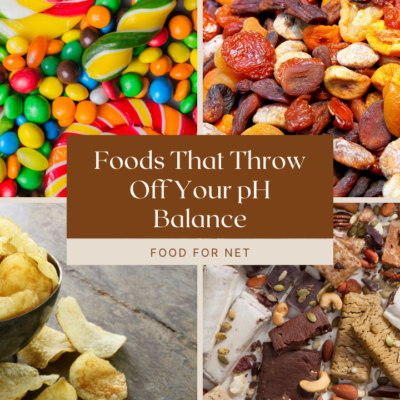

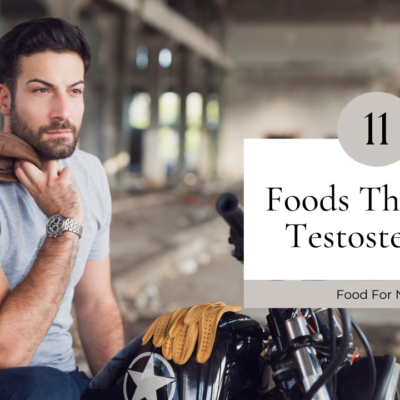

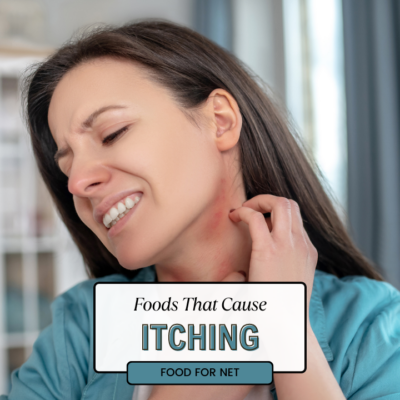
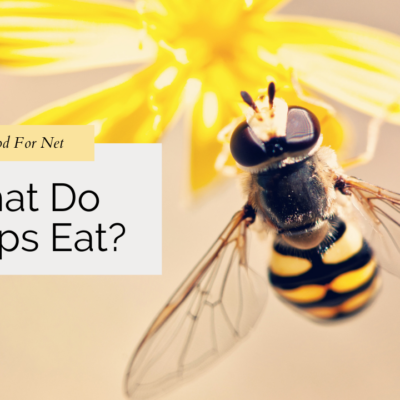

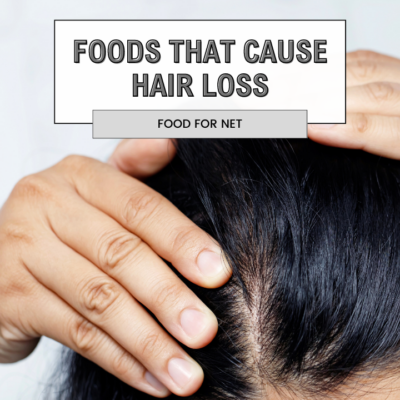
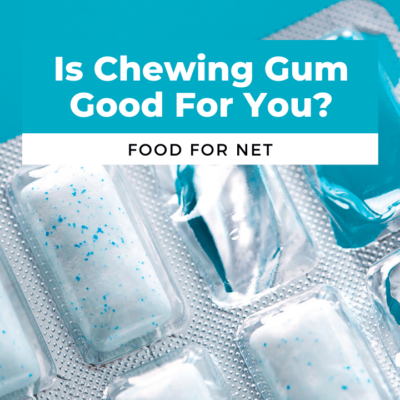



 15 Foods That Cause Heart Palpitations And What The Effect Means
15 Foods That Cause Heart Palpitations And What The Effect Means
Leave a Reply